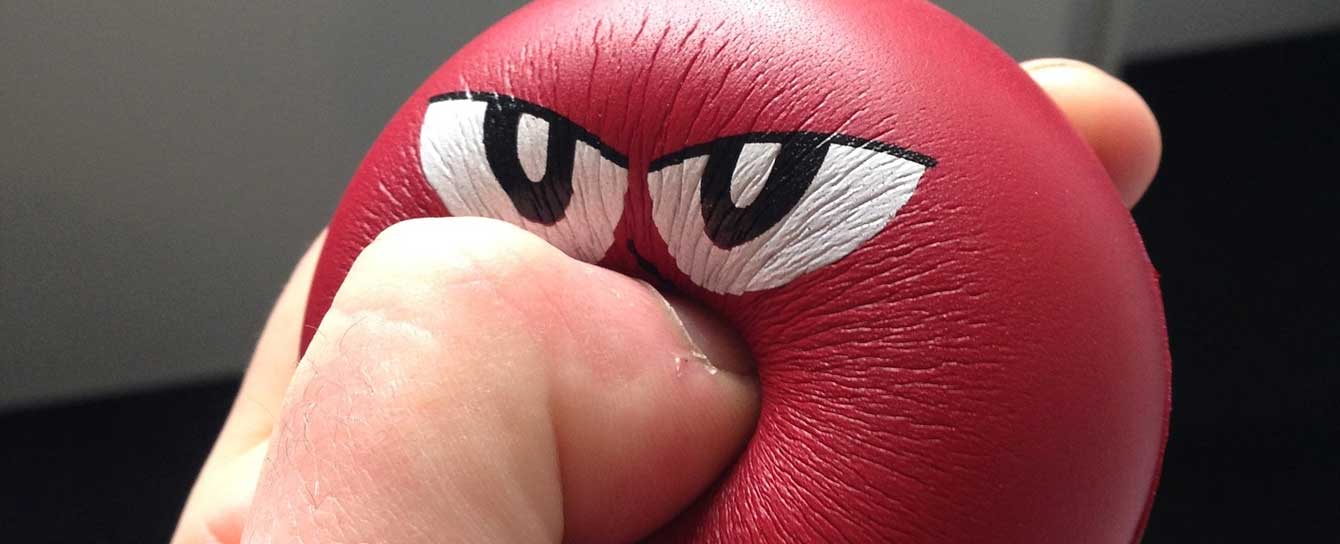What are you looking for?
Featured Topics
Select a topic to start reading.
Science-Based Ways to Relieve Stress
Created By The Health Nerd
Share This
Share this post on FacebookShare this post on TwitterShare this post on RedditShare this post on TumblrShare this post on Google+Was this video helpful?
If you are searching for scientifically proven ways to relieve stress in your life, you’ve come to the right place. Whether the source of your stress is from school, work, family, relationship issues, or any other combination of things, these techniques should help.
- Eat something or chew gum. Science has shown that just chewing on something lowers stress. To avoid the calories, you can chew sugar free gum.
- Do yoga. It has been proven to lower resting Cortisol levels and greatly reduce stress when practiced regularly. Just 20 minutes of yoga should give you these effects.
- Meditate. Just 5 minutes of concentrated deep breathing and meditation has been shown to both lower blood pressure and greatly reduce Cortisol. There are plenty of free guided meditation apps for beginners that can be downloaded on your phone right now.
- Walk away from the computer. Uninterrupted computer use has been associated with stress, lost sleep, and depression. Take frequent breaks throughout your day, and make sure to shut it off 1 hour before you fall asleep.
- Cuddle something or someone. Oxytocin, also called the cuddle hormone, gets released when you spend time with others or cuddle. This hormone has been shown to create a buffer against stress and will lower your heart rate and Cortisol when released.
- Listen to some stress relieving music. Research indicates multiple ways in which music can help relieve stress and trigger biochemical stress reducers.
- Watch a funny video. Laughter has also been shown to reduce the physical effects of stress and lower blood pressure. So next time you’re feeling stressed or anxious, science says to watch a funny video.
- Try progressive muscle relaxation. All the way from the fingers to the toes, tense and then relax each muscle group in the body. This will help relieve tension and you’ll find that once the muscles are relaxed, the mind will soon follow.
- Turn your phone off. Just talking on the phone has been shown to raise blood pressure. Whenever you need a break, just turn your phone on airplane mode for an hour and put it out of sight.
- Refrain from using social media for a week. Facebook in particular has been proven to make us feel more sad and less satisfied. Studies have also shown that when people deactivate it, they feel happier and less worried.
- Go for a 10-minute walk. Just walking around your neighborhood for 10 minutes will boost endorphins and reduce stress hormones. If you can, walk in a park or a place with nature for greater effects.
- Use your nose. There are plenty of studies that support aromatherapy as a good way to reduce stress. Certain scents, like lavender and peppermint, have been shown to repeatedly reduce stress levels.
- Take vitamin C. Vitamin C has been shown to stop Cortisol in its tracks, and thus, lower your stress levels. If you don’t have a vitamin C pill or package around, you can always drink some lemon water for a quick boost.
- Write about your feelings. Keeping a gratitude journal has been shown to make people feel happier over time. Even doing something as simple as writing out 3 new things you’re grateful for every morning will work.
- Take a short nap. Napping has been shown to reduce Cortisol levels and aid in stress relief. A simple 20-30-minute nap is perfect for a boost of energy and a reduction in stress.
- Have sex. In many cases sex has been shown to reduce stress levels afterward.
- Buy a puppy*. Although certain dog owners may be less stressed than others, please don’t buy a puppy on a whim if you’re not prepared to take care of it every day. Buying a dog can actually increase stress if you’re not ready for the substantial multi-year commitment that comes along with it, so please view this last idea mentioned in the video with caution. Petting a puppy at a local animal shelter is a far better idea if you’re looking for a quick fix to reduce stress.


